Best 4G network: AT&T vs Verizon vs Sprint
Who has the best 4G LTE coverage, speed and price?
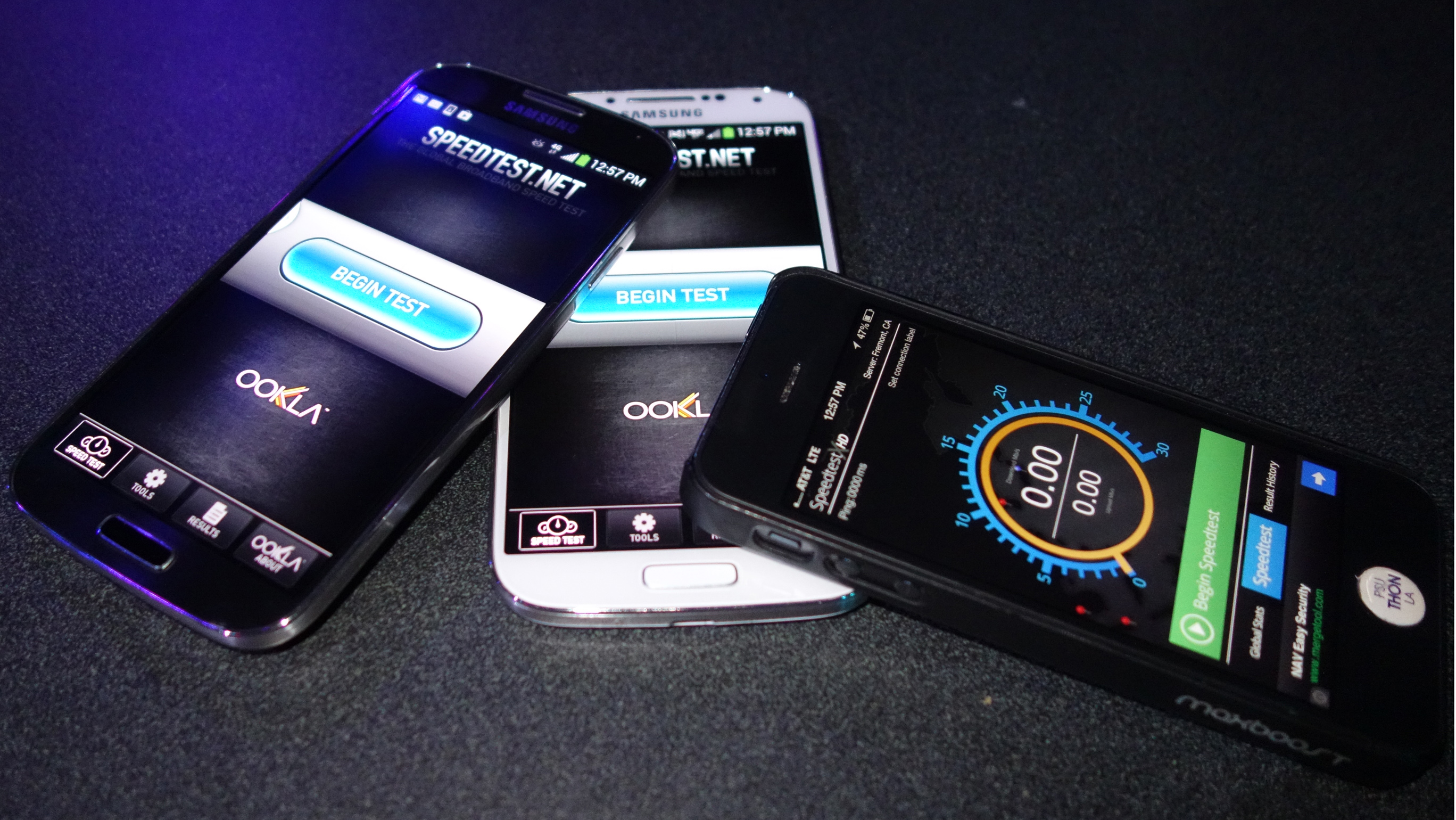
Not all 4G networks are created equal. AT&T, Verizon and Sprint use terms like 4G, 4G LTE and HSPA+ to market smartphones to customers.
However, these buzzwords offer little in the way of explanation as to how reliable the three major U.S. networks perform when it comes to high-speed data downloads.
That's why we decided to test out 4G LTE phones of all three major U.S. carriers in Los Angeles, Santa Monica, Hermosa Beach, and on everyone in LA's second home, the highway.
Three will enter. one will win.
What is 4G LTE exactly?
4G LTE is a high-speed wireless standard built into newer smartphones that is 10 times faster than 3G connections.
That's a significant speed bump amounting to a theoretical 300 MB/s. But LTE, or "long-term evolution," is just a bridge to the 1GB/s that was originally outlined for 4G.
LTE-Advanced is supposed to offer that in the future.
Until then, carriers are marketing to (and confusing) consumers with terms like "super fast 4G LTE" and "true 4G" - as opposed to fake counterfeit 4G LTE.
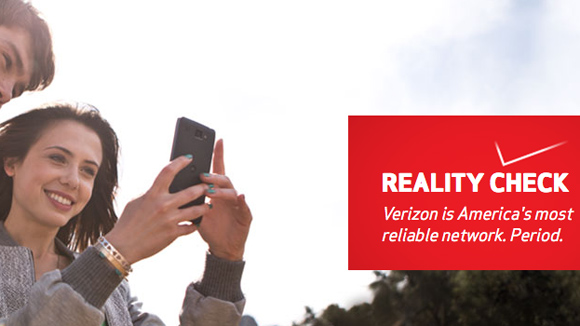
Who says they have the best 4G network coverage?
Verizon claims to have "America's largest 4G LTE network" that covers 95 percent of the U.S. population. It boasts that "Verizon is America's most reliable network. Period." That's three periods in a row, so you know the company is super serious.
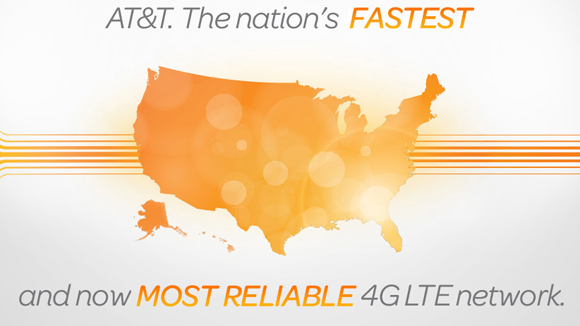
Sprint doesn't participate in any of the silly one-upmanship. Instead it by promising to continue to roll out "more reliable coverage, stronger signals and increased data speeds."
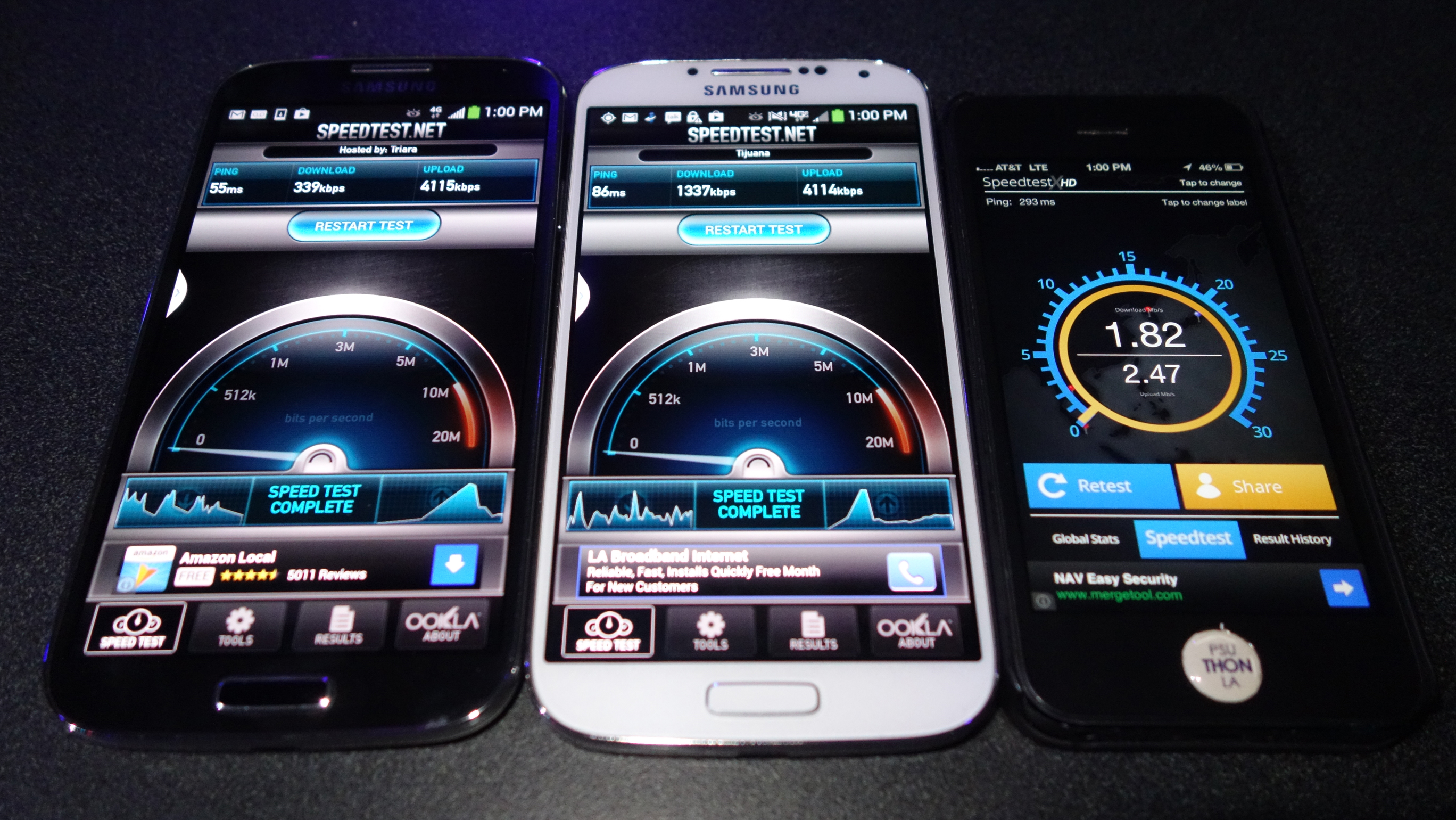
Who actually has the best 4G network coverage?
Testing out all three smartphones with the best speed test apps available for iOS and Android, we found that Verizon had a slightly more consistent signal save for a few areas that received little to no data.
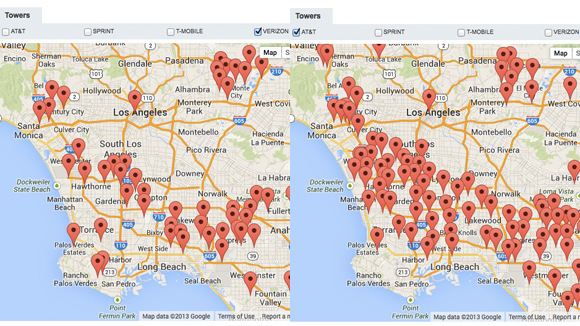
It's all about the coverage map
Verizon had the more consistent network city-by-city, but there's another piece of information you should always check before buying into a new 4G LTE network: the coverage map.
CellReception pinpoint the location of each network's tower locations. In a way, they back up exactly what our speed tests found.
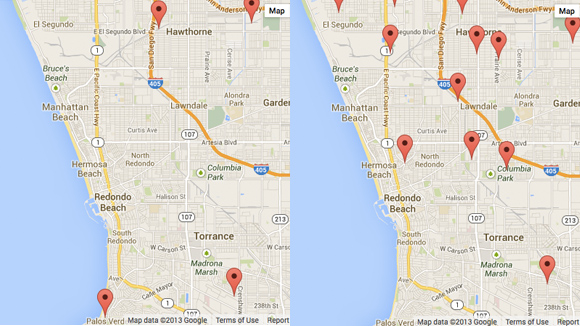
Verizon did pitiful in Hermosa Beach and Manhattan Beach, for example. That's because the carrier has fewer cell towers in this stretch of the California coastline. Sure enough, our tests reflected that.
The No. 1 thing you can do before signing up for a new network is to check the 4G LTE coverage maps before making the switch.
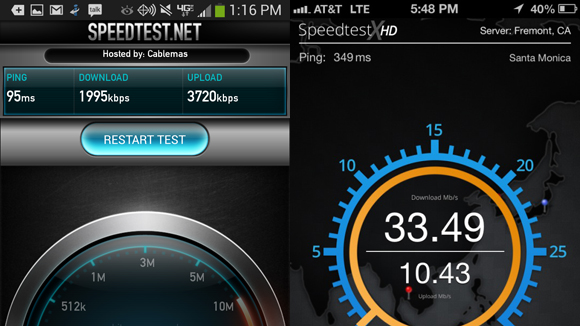
The best 4G network speed
Sprint download speeds were meager in comparison to both of its rival carriers, averaging between 1 and 5 Mb/s overall in our tests, sometimes giving us a network error to boot. Surprisingly, its upload speeds, when there wasn't an error message, were stronger than a lot of its download speeds, consistently at 3 and 4 Mb/s.
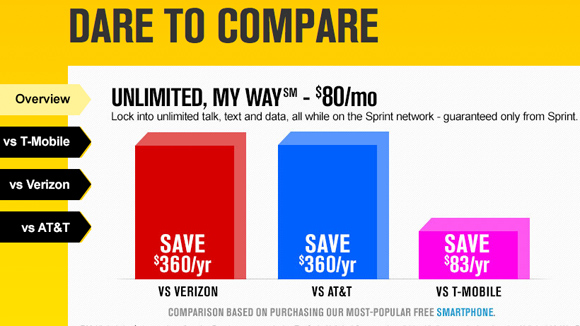
4G LTE price plan comparison
Verizon lumps its 4G LTE data into the "unlimited talk and text" price, making it difficult for a direct comparison. The end result is $90 a month for a lousy 1GB of data, which is $20 more every month than what Sprint offers its customers.
Sprint's 4G LTE network hasn't rolled out everywhere, but if it's in your area, saving $240 a year isn't such a bad deal.
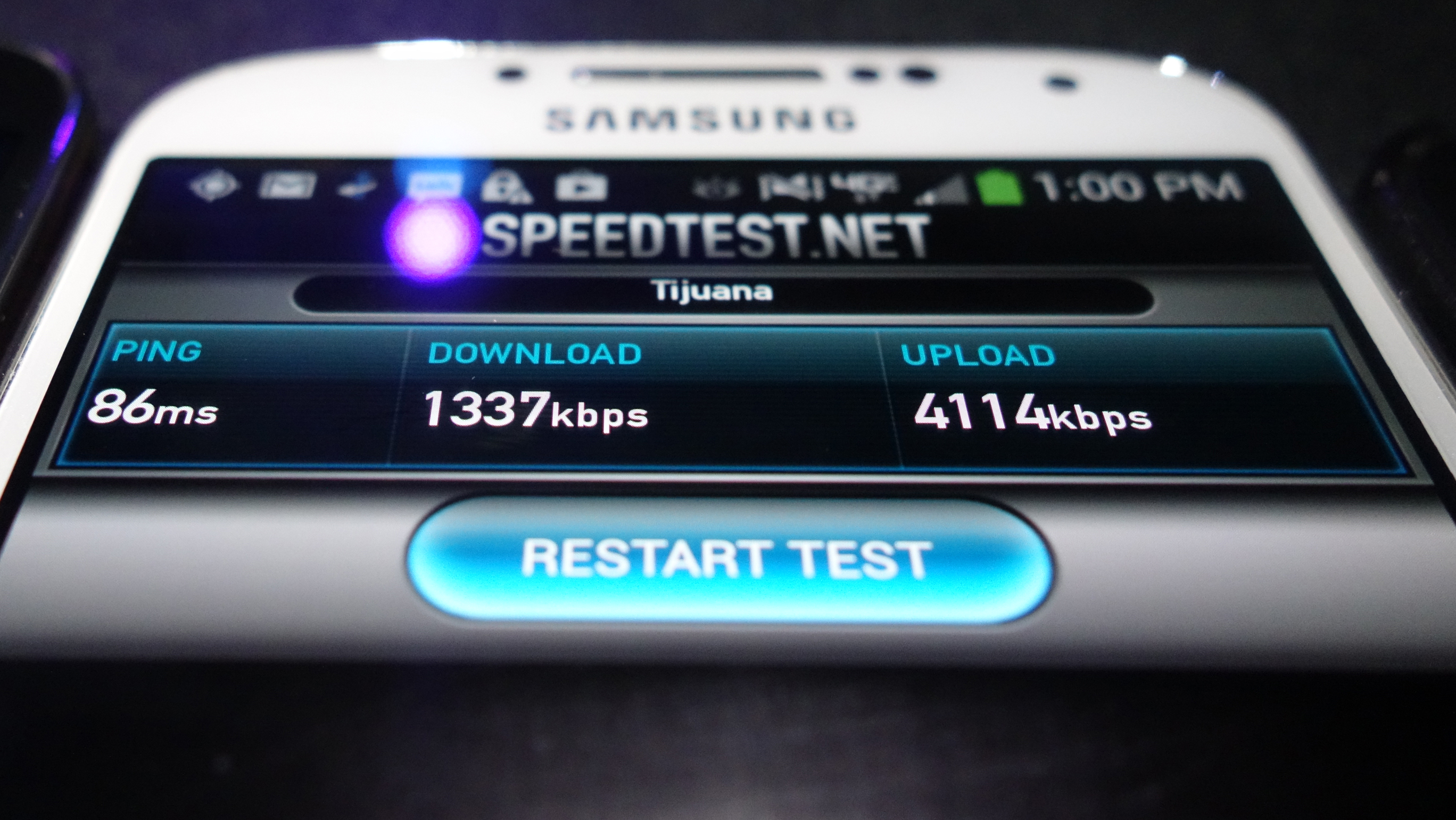
Final 4G LTE speed tips
You don't want to get stuck in a two-year contract with a carrier that has a lack of cell towers in your neck of the woods.
Rule No. 2 is to talk to friends. Everyone seems to incessantly complain or, rarely, biasly rave about their cell phone reception - this is usually due to a lack of knowledge when there are problems that exist. But poll enough people and you may be surprised.
As carriers prep 4G LTE-Advanced and new smartphone supporting the upgraded speed, we could see theoretical speeds of 1GB/s. Until that rolls out, however, we'll keep testing the 4G LTE networks to see which is the best in all sorts of environments.
Get daily insight, inspiration and deals in your inbox
Sign up for breaking news, reviews, opinion, top tech deals, and more.
